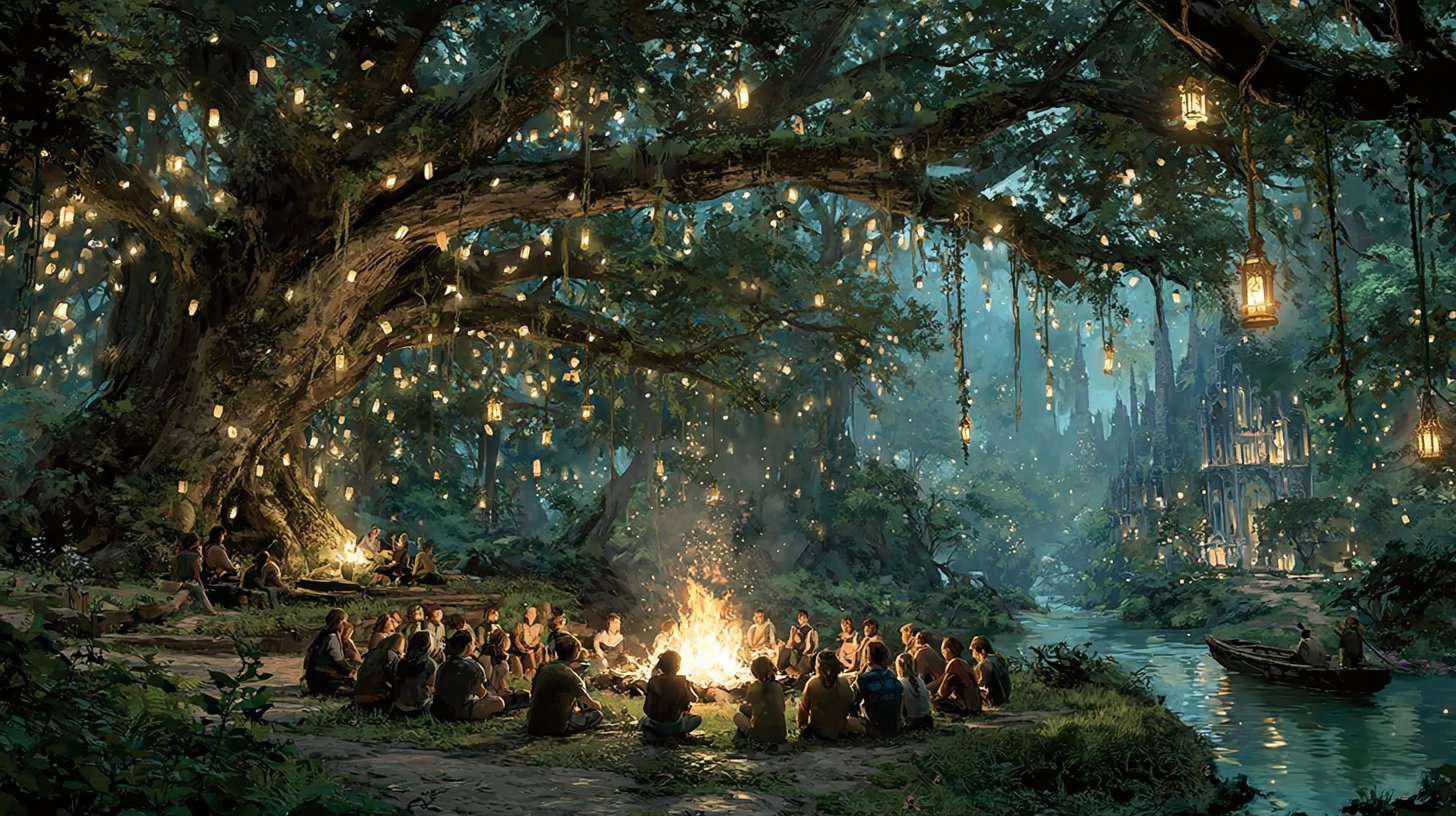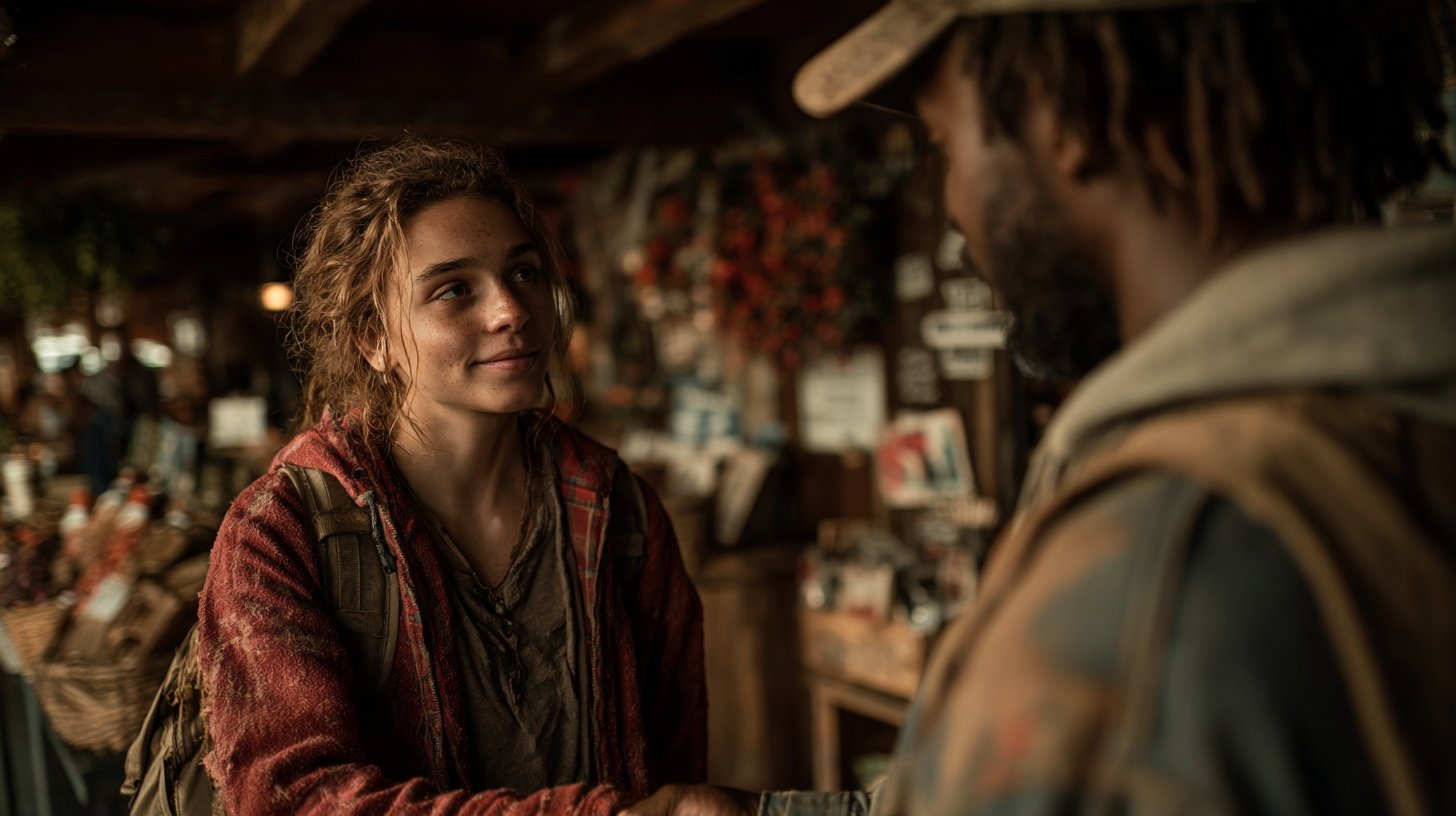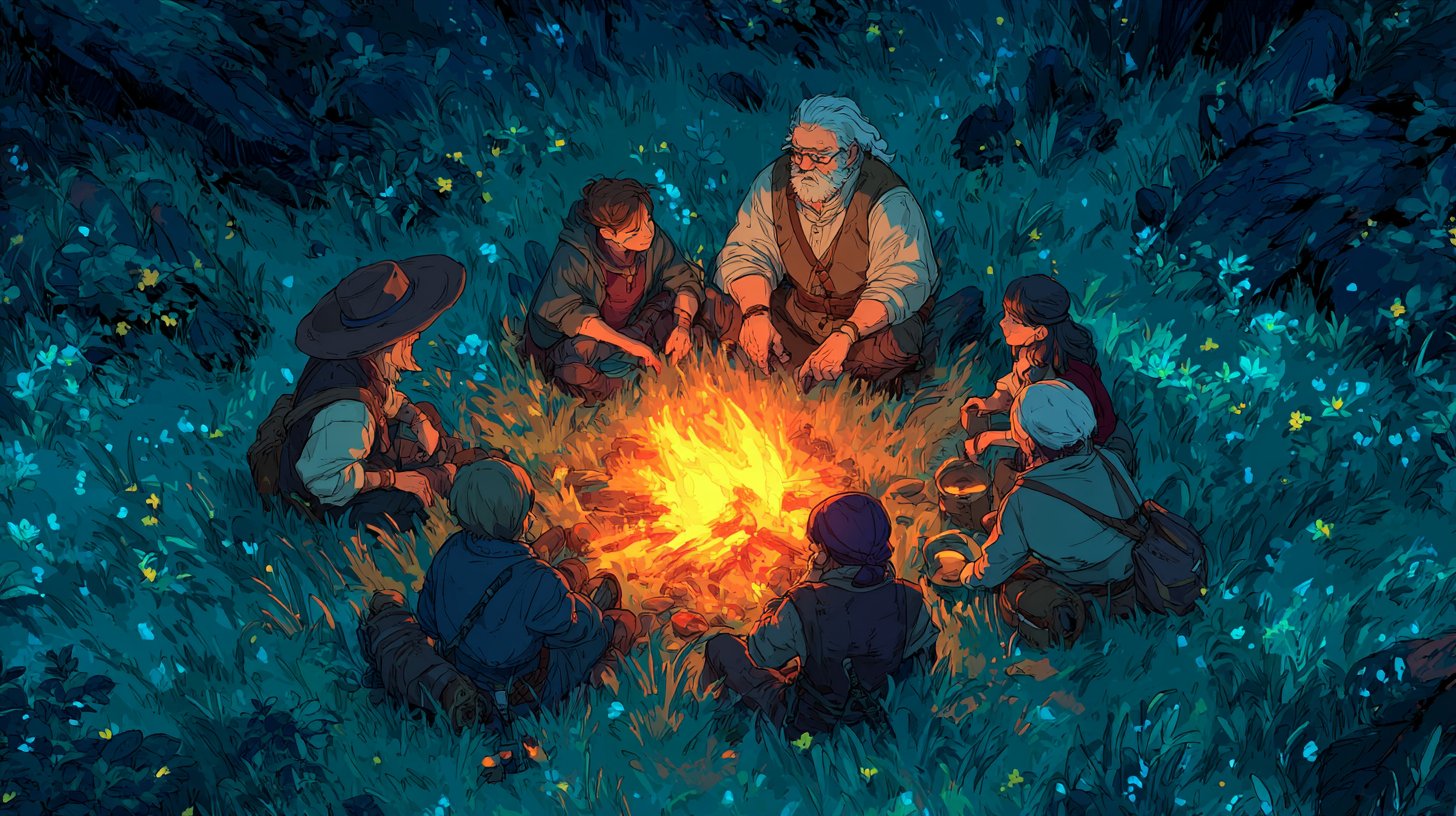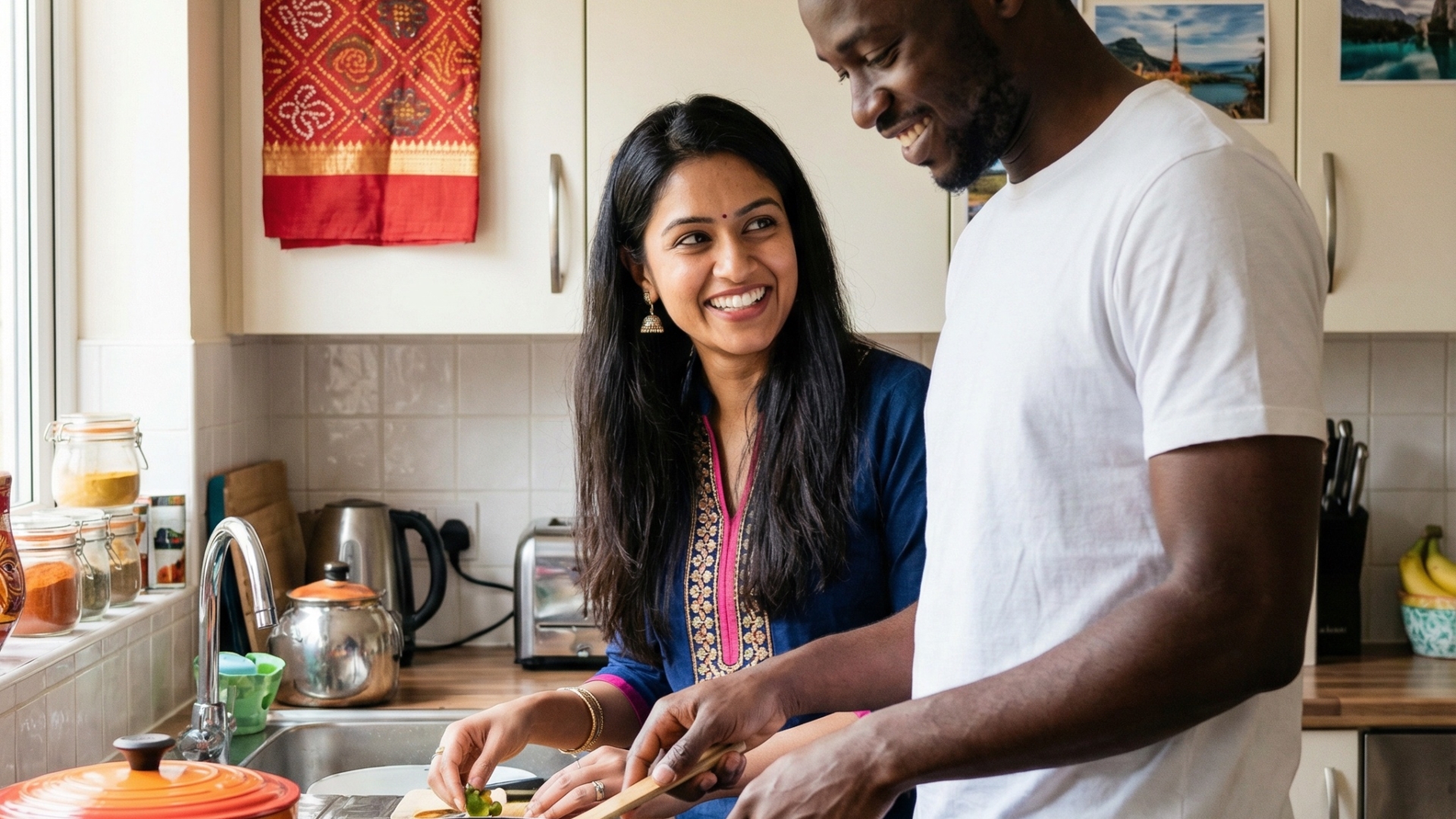How narratives strengthen our community

In a time when digital communication dominates, personal narratives and oral history are gaining importance. Stories are not just entertaining; they create connections between people, foster understanding, and strengthen the sense of community. Let's discover together how storytelling can enrich our lives.
Storytelling is one of the oldest forms of human communication. From the beginnings of humanity to today, stories have accompanied us, taught us, and connected us. In our modern world, where everything is so fast-paced, storytelling reminds us to honor our roots and share the experiences that have shaped us. Each of us has a story to tell—whether it be of triumphant moments, challenges, or everyday experiences. By sharing our stories, we open doors to empathy and understanding.
The power of encounters
When we tell our stories, we create authentic encounters. Whether in small groups, at family gatherings, or in large communities, sharing personal experiences brings people together. It builds bridges between different generations, cultures, and social classes. For example, when you recount your childhood, older people in the circle may remember how it was in their time, while younger listeners gain new perspectives. This kind of exchange enriches our lives and creates a sense of belonging.

Moreover, storytelling also promotes social learning. When we hear other people's stories, we not only learn about their perspectives but also take away valuable lessons. Perhaps someone shares a mistake they made and what they learned from it. Such stories can prevent us from making similar mistakes and inspire us to be brave. Community storytelling acts like a mirror, showing us that we are not alone.
The role of oral history
Oral history plays a crucial role in preserving our shared memories. This method captures personal experiences and first-hand stories, providing a unique insight into our past. In many cultures, oral traditions are passed down from generation to generation, and they often serve as an important source of historical insights. For example, when you collect your own family stories, you not only help preserve them for the future but also promote understanding of your family history and its impact on your identity.

Incorporating oral history can also assist in creating community projects. For instance, local groups or schools could organize workshops to collect stories from various members of the community. This could lead to a collection that not only reflects the diversity of voices but also the shared challenges and triumphs that people have experienced together.
Narratives for the soul
Stories have the power to move us emotionally. They can evoke joy, sadness, longing, or hope. When you tell your story or hear the stories of others, you can create emotional connections. Sharing laughter or tears over specific experiences brings people closer together and fosters a sense of intimacy and trust. These emotional bonds are the foundation for strong communities.

Also consider that storytelling can be therapeutic. Many people use writing or telling stories to process their own experiences. When you speak or write about difficult times, you can initiate a healing process for both yourself and others. The relief that comes from sharing personal stories can help not only you but also those around you.
Community arises when we share stories—they are like the glue that holds us together. Whether you are speaking with friends, family, or the entire neighborhood, every story has the potential to create a connection. Encourage yourself and others to openly talk about experiences, and watch how unity and understanding develop.
In summary, the revival of storytelling is a beautiful way to enrich our lives and build community. Use the power of your voice to tell your story and listen to the stories of others. By reviving storytelling, we not only strengthen our communities but also enhance our own well-being. Let's go out together, share stories, and make the world a little brighter.


